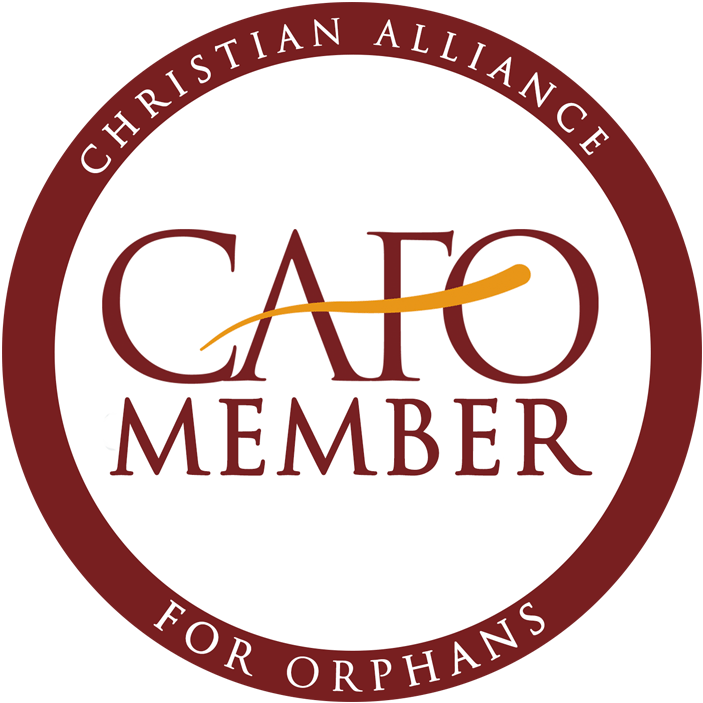In 2008, an Australian psychologist named Howard Bath published an article (linked below) called “The Three Pillars of Trauma Informed Care.” Nearly a decade later, his work holds true as we continue to see the benefits of using trauma-informed interventions with foster and adopted children. Occasionally returning to the basics of trauma-informed care is essential in our daily work with “children from hard places.” Dr. Bath identified the three pillars as felt-safety, connection, and emotional management. Drs. Karyn Purvis and David Cross, developers of Trust-Based Relational Intervention (TM), also identified these pillars as foundations to meeting the most pressing needs of children from hard places.
“Felt safety” can be a difficult concept to grasp. Foster and adoptive parents typically provide a physically safe home environment, but their child or teen won’t necessarily feel that the environment as safe because of his or her history. Dr. Cross, of the Karyn Purvis Institute of Childhood Development (KPICD), tells the story of a 12-year old who had suffered extreme abuse in an orphanage. When this young girl was adopted by parents who thought they were giving her a safe home, they were baffled by her hesitation to walk to school. While she loved going to her new school, she became hysterical before the walk, even though it was just short distance from her house. Her adoptive mom, knowing that the walk was safe, realized that her daughter wasn’t experiencing felt safety, and devised a plan to help her get there. At first, her mom walked her to school. Then, her mom started slowly driving the car alongside the daughter, who was walked. After a few weeks of this routine, the girl felt safe enough to walk alone. This is a powerful example of a parent who recognized the difference between safety and a child feeling that safety. Sometimes felt safety occurs soon after arriving home, but more often, felt safety takes quite a bit of time.
The second pillar that Dr. Bath identified is connection, which is crucial to both felt-safety and management of emotions. Neither will occur in the life of a child without connection to a loving caregiver. Children without trauma have experienced life-giving relationships that allow them to develop healthily. Children with trauma have not been exposed to these same crucial relationships. Dr. Bath says, “From a neurodevelopmental perspective, it appears that the brains of traumatized children have learned to associate adults with negative emotions which, in turn, lead to behaviors characterized by suspicion, avoidance, and/or outright hostility. The task for care providers and other mentors is to help restructure these associates so that the children can develop positive emotional responses (e.g., happiness, joy, feelings of security) with some adults and can learn to accurately distinguish between those who threaten harm and those that do not.” So, as we seek to help foster and adopted children heal and thrive, we must ask ourselves how we are doing with connecting well to our children. Are we using healthy touch, eye contact, and matching behaviors? Are we spending one-on-one, uninterrupted time each day with them? Are we engaging with them playfully? These connecting activities are crucial in the quest to help children from trauma heal.
Dr. Bath called the third essential need “management of emotions;” the KPICD refers to this pillar as self-regulation. When babies are born in an environment where they are nurtured, they are able to completely depend upon their caregivers to meet their needs. As they grow into toddlers, their caregivers are able to “co-regulate” with them until they are able to meet their own needs independently as older children and teens. Children who are not developing in that kind of environment have to depend upon themselves to meet their own needs. When children from hard places do arrive in a nurturing home, their new caregivers must be prepared to help them self-regulate until healing occurs. This can look like coddling to an outsider, but it is crucial for foster and adoptive parents to act as external regulators to their children until they are able to self-regulate. For example, an older foster child who had to find his own meals may arrive in a foster home and steal food. This behavior look malicious, but in reality, the child is simply using the behavior techniques that he previously used to survive. In this situation, a wise foster parent will help the child learn to ask when the urge to “steal” arises. In addition to “giving the child voice”, teaching self-regulation includes ensuring the child has adequate food and nutrition, as well as determining what sensory processing issues need to be addressed. While this seems obvious, it is all too easy for foster and adoptive parents and caregivers to assume that their children are capable of regulating themselves without giving them the tools to do so.
Caregivers who intentionally work on felt safety, connection, and self-regulation have the opportunity to heal neurotransmitters in their children’s brains. Dr. Bath says, “Treatment of children exposed to complex trauma will itself be complex and long-lasting.” While not easy, keeping these three pillars at the forefront of caring for these precious children will help them heal and thrive if we persevere with these evidence-based parent interventions. “Let us not become weary in doing good, for at the proper time we will reap a harvest if we do not give up.” (Galatians 6:9)










